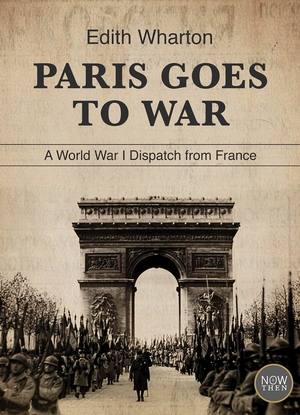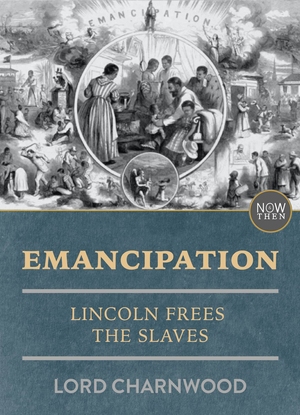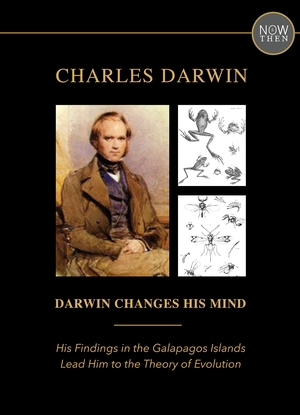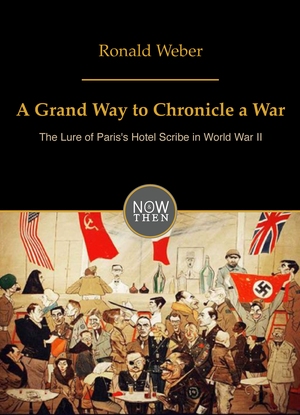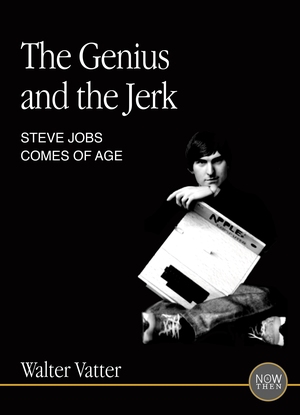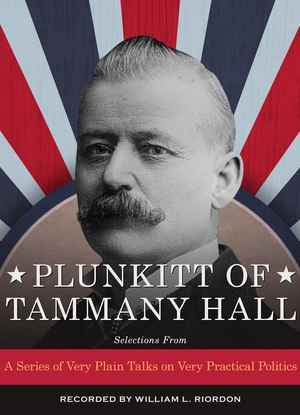Abstraction and Utopia - Preview
by Hilton Kramer
ABSTRACTION AND UTOPIA
I. From Theosophy to Utopia
[Suprematism] will liberate all those engaged in creative activity and make the work into a true model of perfection.—El Lissitzky, 1920
Abstract art, I thought, creates new types of spatial relationships, new inventions of forms, new visual laws—basic and simple— as the visual counterpart to a more purposeful, cooperative human society.—László Moholy-Nagy, 1928
In the future, the realization of pure plastic expression in palpable reality will replace the work of art. But in order to achieve this, orientation toward a universal conception and detachment from the oppression of nature is necessary. Then we will no longer have the need of pictures and sculpture, for we will live in realized art.—Piet Mondrian, 1942
To construct a utopia is always an act of negation toward an existing reality, a desire to transform it.—Leszek Kolakowski, 1968
Abstract art—painting and sculpture that makes no direct, immediately discernible reference to recognizable objects—was born of an alliance of modernist aesthetics and the occult doctrines of theosophy in the second decade of the twentieth century. Its first masterworks were produced by Vasily Kandinsky in Germany, Piet Mondrian in the Netherlands, and Kazimir Malevich in Russia. Yet no sooner was this new artistic convention established as an influence on the European avantgarde than it was quickly appropriated by still another mode of thought—utopianism—which similarly rejected commonly held conceptions of “reality” in the name of a visionary ideal. This utopian ideal, while no less mystical in some respects than that of theosophy, nonetheless differed from it in locating the realm of future perfection in the material world. Toward the material world utopian ideology adopted an attitude as radical—and, in fact, as otherworldly—as any to be found in occult doctrine, but it did not question the existence of the material world. Its goal was to change it—to eliminate its imperfections in order to establish an ideal harmony, at once social and spiritual, in every sphere of earthly human endeavor.


